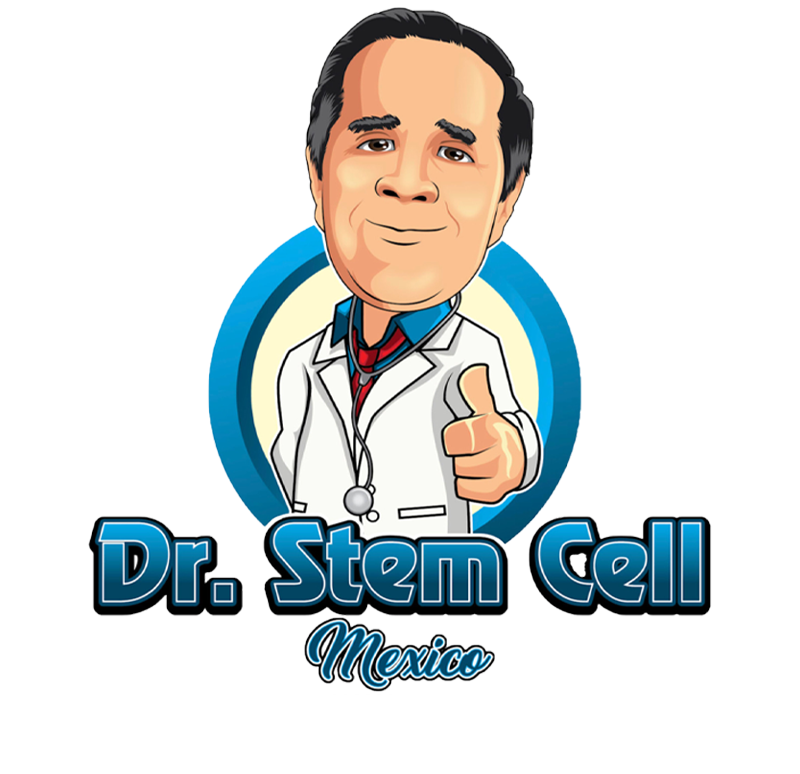A recent research article published in “Signal Transduction and Targeted Therapy” conducted by Lei Shi et al. has summarized the recent progress of mesenchymal stem cell therapy for COVID-19 and highlighted that mesenchymal stem cells (MSCs) can serve as a therapeutic tool to regulate the overactive inflammatory response caused by COVID-19.
The coronavirus disease, still prevalent throughout the world in 2021 is caused by severe acute respiratory syndrome coronavirus 2 (SARS-CoV-2) and has affected roughly 184 million people worldwide. (3) (SARS-CoV-2) more commonly known as COVID-19 has caused more than 4.7 million people worldwide since the beginning of the pandemic with the numbers still increasing. Although the virological characteristics and pathogenesis (the process by which a disease or disorder develops) has been clarified, there is currently no specific therapeutic measure. Severe cases of COVID-19 infection can lead to immune disorder and damage to the body’s natural immune response.
Mesenchymal stem cells (MSCs) can serve as a therapeutic tool to regulate the overactive inflammatory response caused by COVID-19. Many clinical trials involving the use of mesenchymal stem cell therapy have been conducted since the beginning of the pandemic in 2019. The findings suggest that MSC treatment can significantly reduce lung damage, and improve patient recovery with safety and healthy immune tolerance.
Mesenchymal stem cell therapy has also proven to be a much safer alternative therapy compared to traditional treatments for treating influenza in animal models.
A recent research article published in “Signal Transduction and Targeted Therapy” conducted by Lei Shi et al. has summarized the recent progress of mesenchymal stem cell therapy for COVID-19 and highlighted both the impacts and challenges of the field.
Importance of stem cell therapy for COVID-19
SARS-CoV-2 infection directly leads to immune disorder in both adaptive and innate immune responses. (1) This inflammatory profile in COVID-19 patients has been well characterized. According to Lei Shi et al. “Specifically, the proportions of natural killer (NK) cells, CD4 + T cells, and CD8 + T cells significantly decrease.” This results in an inflammatory immune reaction within the lungs that can be detrimental to organ function.
Immune system modulation and therapeutic principles of MSCs
Mesenchymal stem cells (MSCs) are the most widely utilized type of stem cell in clinical practice because they are widely regarded as safe and have the ability to avoid rejection when administered into the body.
Mesenchymal stem cells (MSCs) exhibit characteristics that suppress the excessive immune response observed in severe COVID-19. Mesenchymal stem cells (MSCs) regulate the immune system by promoting an inflammatory response when the immune system is under-activated and reducing inflammation when the immune system is overactivated. MSCs can play a key role in preventing the immune system from attacking itself similar to what one may see in many autoimmune disorders. According to a 2013 study conducted by Bernardo et al. MSCs, when exposed to sufficient levels of pro-inflammatory markers (cytokines) respond by promoting an immune-suppressive response to dampen inflammation and promote tissue homeostasis.
Symptoms of long COVID
People who have once tested positive for COVID-19 may note the following long-term symptoms.
Common long COVID symptoms include:
- extreme tiredness (fatigue)
- shortness of breath
- chest pain or tightness
- problems with memory and concentration (“brain fog”)
- difficulty sleeping (insomnia)
- heart palpitations
- dizziness
- pins and needles
- joint pain
- depression and anxiety
- tinnitus, earaches
- feeling sick, diarrhoea, stomach aches, loss of appetite
- a high temperature, cough, headaches, sore throat, changes to sense of smell or taste
- rashes



